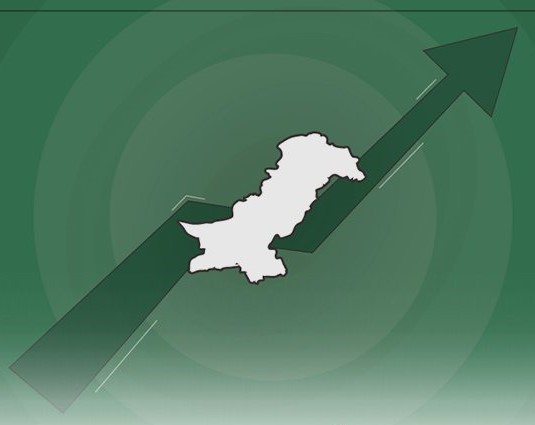BEIJING: The new Pakistani government has a major agenda of bringing the economy back on track. Imran Khan, whose political party emerged victorious in the country’s recent election, appears ready for some drastic moves, and building on China’s ambitious Belt and Road Initiative (BRI) is one of them.
The China-Pakistan Economic Corridor (CPEC), a flagship BRI project, is the largest Chinese investment in Pakistan to date. Often termed a game changer, the $62 billion mega-project involves a massive financial inflow into Pakistan to promote infrastructure, energy and trade development and create many jobs. Imran Khan has promised continued support to CPEC involving all sectors of Pakistani society, according to an article published by China.org.cn on Tuesday.
While he (Imran) has taken up the challenge of turning state-owned companies into profit-generating machines, his plan also has the potential of engaging private industry to ensure success for CPEC.
The national cricket-hero-turned-politician laid out his intentions for engaging with Pakistan’s closest ally in an interview with the Chinese newspaper the Guangming Daily last month. He sees the CPEC as a medium and long-term project, pledging to guarantee the corridor’s construction so that both Pakistan and China benefit.
His party has identified several areas where cooperation with China will be expanded.
Clean energy is one area where his neighbour has achieved monumental success. After the industrial boom, China was faced with heavy pollution which had to be tackled by taking radical measures.
Large cities like Beijing almost immediately saw a turnaround in air quality indices as the government imposed strict monitoring and implementation mechanisms much praised internationally.
Although China’s economy has been transformed into an industry-based one, its agricultural practices have also progressed at the same pace. Farm-produce has been increased by adopting innovative methods and by implementing high-end research.
Pakistan’s economy, meanwhile, is still based on agriculture because of its vast fertile land. While cooperation between the two countries on several agri-products is underway, the new government intends to give this a further push.
Industrial cooperation is a medium and long-term objective to be effected through the CPEC. Assistance will be sought to improve domestic manufacturing capabilities as China has long been more than willing to offer its expertise.
Khan cites examples of China’s poverty alleviation programme. The globally-admired initiative China undertook enabling millions of people to escape from poverty is seen as giving Pakistan a way forward in this regard, and special teams are to be sent to China for in-depth study of the poverty reduction model.
Representatives of his party have already visited China’s Yunnan province where the local government briefed them how they attained the poverty-reduction goals.
The new Pakistani government also plans to focus on developing indigenous resources and promoting local value-addition approaches. This can be worked out by establishing more vocational training institutes in Pakistan and sending young people to China to acquire higher education and better skills. If this goes as plan, the indigenous resource pool will witness augmented benefits from engagement in CPEC projects.
Pakistan has immense manufacturing potential owing to ample availability of raw materials.
As the incoming government looks to revitalize Pakistan’s industry on modern lines, companies will eventually be looking for global consumption and should be ready for integration with various global supply chains.
The CPEC and BRI specifically aim to achieve this. Being trade routes in the classical sense, they will provide transportation facilities that can help remodel local industry centers into globally-competitive economies.
As proclaimed in Khan’s election manifesto, he intends to focus on partnerships in development projects undertaken by Chinese entities. This will increase the transfer of knowledge to local firms, improve the skill level of the workforce and bring about sustained results. Joint ventures will be encouraged, which will also help Chinese companies to benefit from the local knowledge of their Pakistani partners.
Pakistan, one of the forefront countries supporting New China in its initial opening-up years, is today being repaid by assisting it in becoming a trade and economic hub on the Arabian Sea. The two countries are natural partners and support each other on matters of international politics and economy. That is why Imran Khan is now banking on the goodwill of the past for a stable and far-reaching cooperation in the future.




